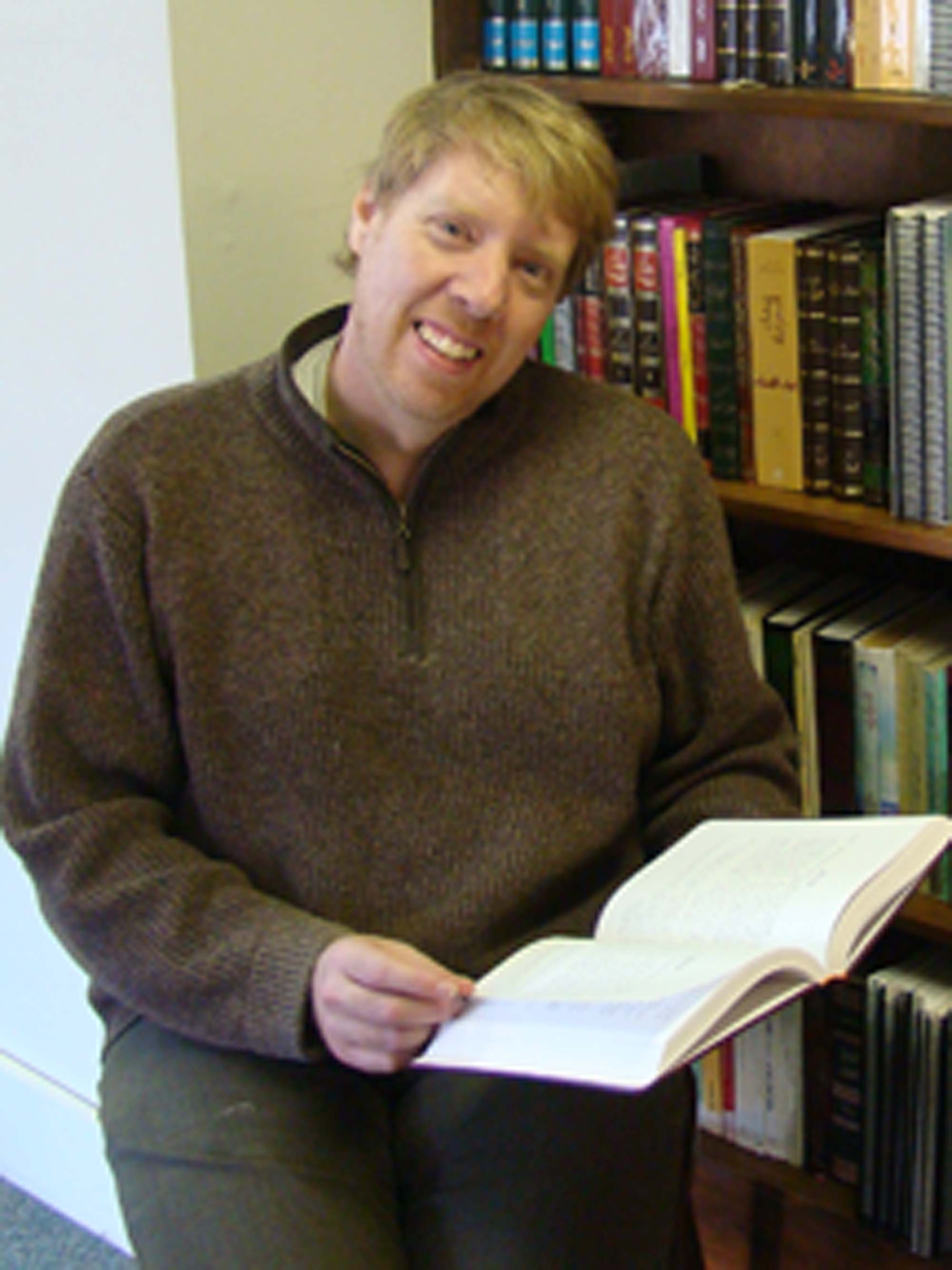
I recently read The Soccer War by the Polish journalist and travel writer Ryszard Kapuscinski. The book is a remarkable account of Kapuscinski’s travels through Africa, the Middle East, and Latin America during the second half of the twentieth century. He recounts his experiences attending a mass rally in Ghana for the African nationalist leader Kwame Nkrumah, being interrogated by Belgian paratroopers in the Congo in the days following the murder of Patrice Lamumba, and wandering the eerily deserted streets of the Algerian casbah during the coup that deposed Ahmed Ben Bella, a charismatic figure whose hold on the country grew increasingly despotic as the French withdrew from their prized North African colony. The soccer war referred to in the book’s title was, incredibly, a brief full-scale war fought between Honduras and El Salvador in 1969 following a contested soccer match between the two countries. Kapuscinski landed in Tegucigalpa just as hostilities broke out, and his story of trying to make his way to the front and back again to file a report is nothing short of harrowing. In each of these vignettes Kapuscinski is especially deft at describing the optimism and sense of endless possibility that marked the early years of independence in much of the non-western world, and the swirl of political chaos and upheaval that gradually engulfed it.

